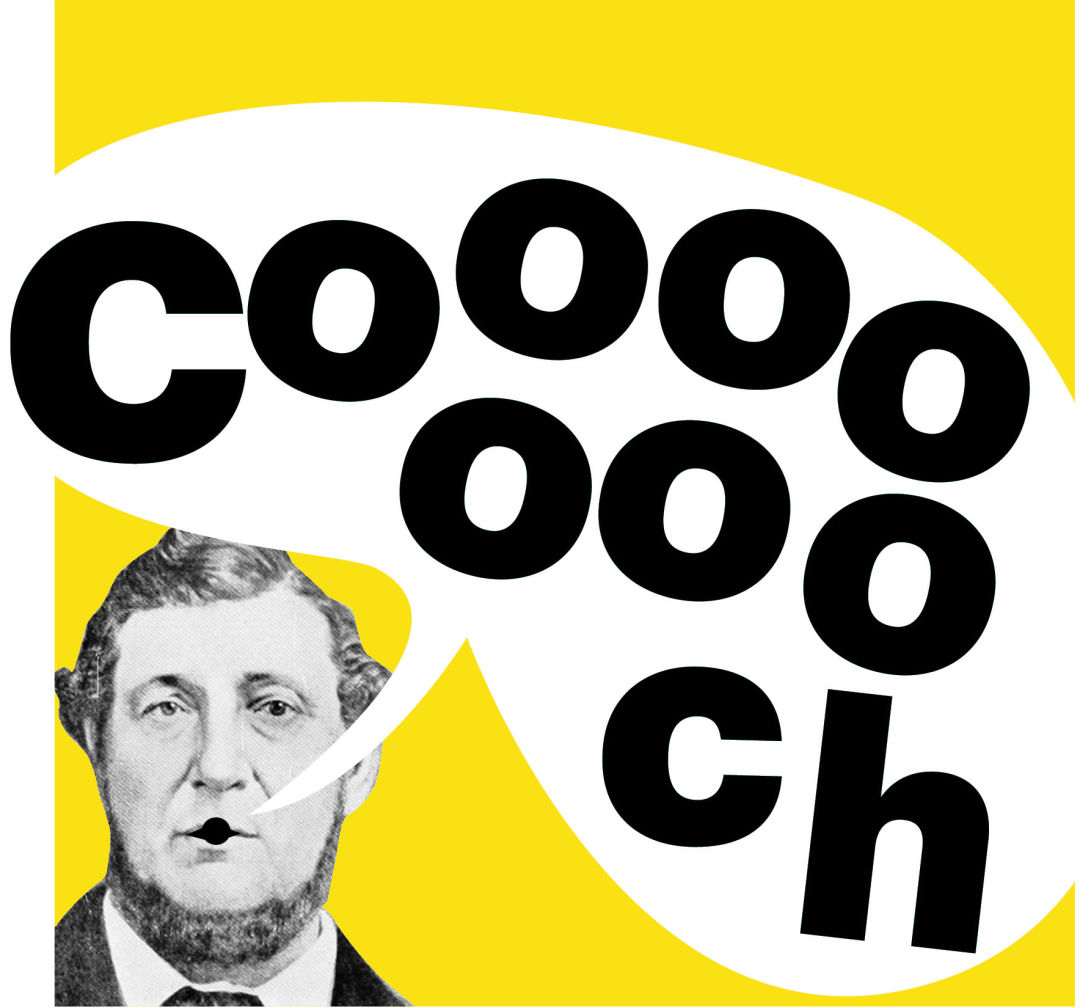Why Is Couch Street Couch Street?

Image: Public Domain
When Portland, Albina, and East Portland merged in 1891, the three municipalities had a dozen First, A, and B Streets, plus nine Cedar Streets between them, among other duplicates. Portland’s mayor tasked city council with the Great Renaming, a call to impose order and honor figures from the city’s short history. For Portland’s C Street, there was a clear frontrunner.
Capt. John Heard Couch was an experienced sailor and intuited the shipping industry’s need to be close to the Willamette’s confluence with the Columbia. He took the full 640 acres available under the Donation Land Act on a site north of Asa Lovejoy and Francis Pettygrove’s original claim. Couch went on to be a central figure in business and local government, and some historians credit him for Portland’s overtaking of Oregon City as the river’s navigational head. Today, Couch Lake has been filled, Couch’s Wharf replaced, and the steamboat named for him dismantled. The first Couch School was torn down; the second is now called Metropolitan Learning Center.
But Couch Street endures, as does its distinct pronunciation—a fiercely protected cultural practice. Few, however, know why Captain Couch’s name is pronounced as it is. No, it wasn’t a quirk of the accent of his birthplace, in New England. The answer, it turns out, is that his ancestors were Cornish. “The name itself is fundamentally not a Celtic form,” says Alan Kent, a Cornwall-based literary scholar, “but [Couch] does have a Celtic heritage.” Specifically, Kent figures the name sailed along the strong trade routes between Brittany and Great Britain’s Cornish peninsula during the 16th century. An “ou” pairing in Cornish would sound like “mooch.”
The Cornish language has been teetering between “critically endangered” and “extinct.” The number of Couches in Oregon who pronounce their name like Captain Couch might be close to extinct, too. Couch himself fathered four children, all daughters. His brother had five sons, but only one ended up having children of his own—and again, no sons. (The author of this piece, too, has no relation and pronounces his surname in the way of the sofa.)
Today, the pronunciation of Couch Street remains a handy way to separate resident from tourist. But for those of us who happen to share the Couch surname, it’s the well-meaning residents we constantly have to correct. So if you meet a Couch in Portland, it’s worth asking before defaulting to the Cornish pronunciation. (Save that for Couch Street, Couch Park, Burnside Brewing’s Couch Select Lager.) After all, the point of the Great Renaming was to name streets after people, not the other way around.
